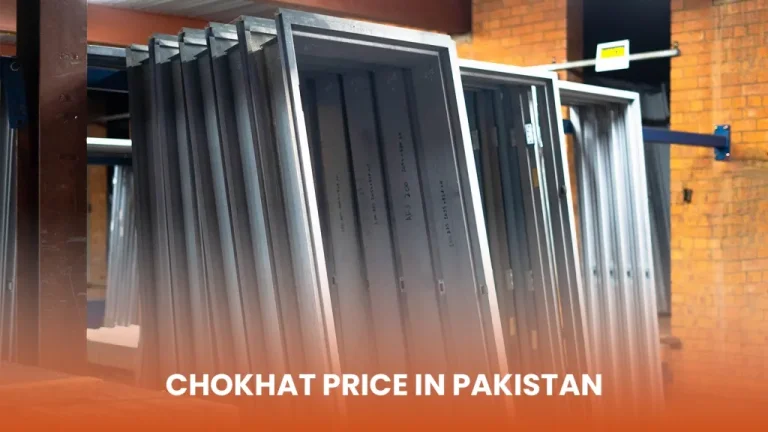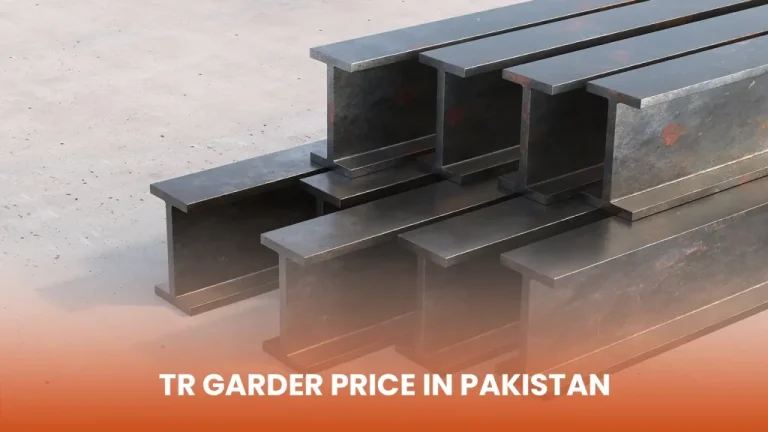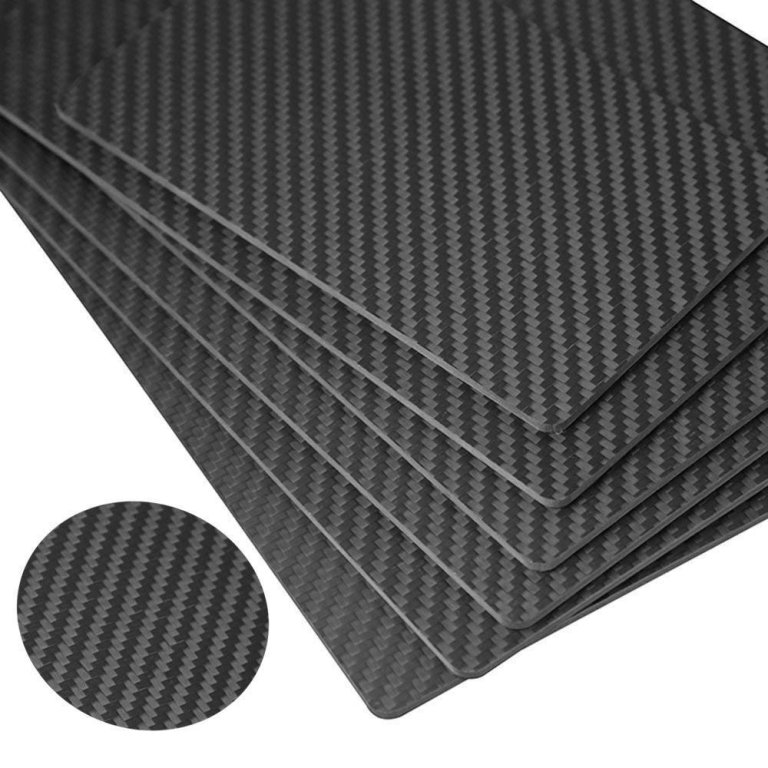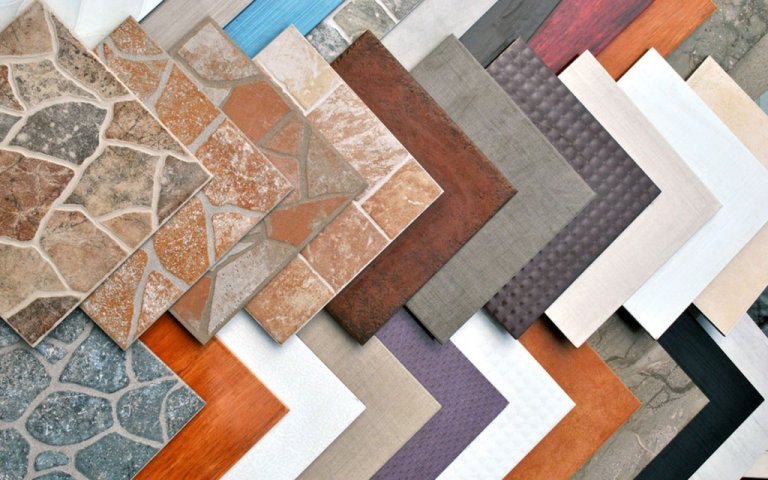Electric Cable Price in Pakistan Today (January) 2025
Electric cables are vital for powering homes, industries, and various electrical devices in Pakistan. From homes to large-scale industrial projects, electric cables play a crucial role in safely transmitting electricity. In this article, we will take a deep dive into understanding the different types of electric cables available in Pakistan, factors affecting their prices, and the current price trends. Additionally, we will explore the major manufacturers, tips for purchasing quality cables, and why electric cables are essential for the country’s growing infrastructure. Also, Check Out; Latest Sand Price in Pakistan 2024.
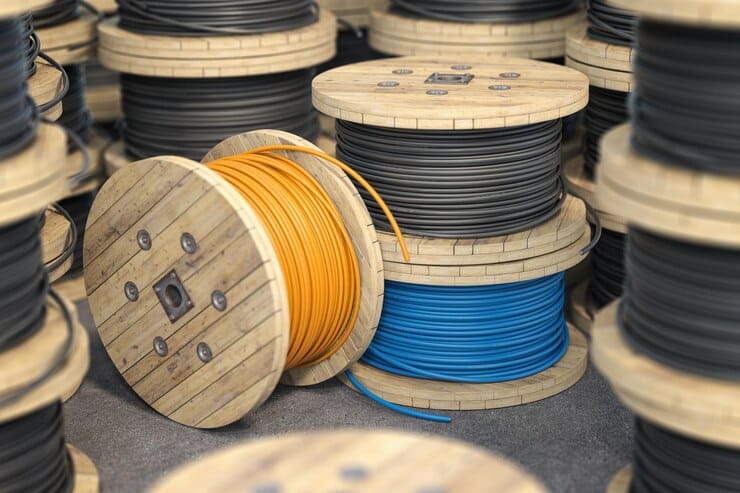
1. Introduction to Electric Cable Price in Pakistan
Electric cables are insulated conductors used to transmit electricity. They are made up of one or more wires that are twisted together and encased in an insulating material like PVC (Polyvinyl Chloride). The primary function of these cables is to carry electrical power from one point to another safely.
In Pakistan, electric cables are used in both residential and industrial settings. The demand for these cables has been growing steadily due to rapid urbanization, increased power consumption, and the expansion of industries.
Electric Cable Latest Rate List January 2025
| Sr no. | Cable type | Price/Meter | Price/Coil |
|---|---|---|---|
| 1. | 3/.029 250/440 V | RS. 70 | RS. 5,890 |
| 2. | 7/.029 250/440 V | RS. 143 | RS. 12,570 |
| 3. | 1×1 MM² 300/500 V | RS. 53 | RS. 4,510 |
| 4. | 1×1.5 MM² 450/750 V | Rs. 76 | RS. 6,610 |
| 5. | 1×1.5 MM² 450/750 V | Rs. 83 | RS. 7,130 |
| 6. | 1×2.5 MM² 450/750 V | RS. 125 | RS. 10,740 |
2. Types of Electric Cables in Pakistan
There are various types of electric cables available in Pakistan, each serving specific needs based on the required voltage, current, and application. The prices vary depending on the type, material, and quality of the cables. Here’s a brief overview of the common types:
a. Low Voltage Cables
Low voltage cables are commonly used in residential areas and small industries. These cables typically have a voltage rating of up to 1kV and are used for wiring in homes, offices, and small commercial buildings.
b. Medium Voltage Cables
Medium voltage cables are designed for systems that require more power, such as factories and large commercial projects. These cables generally have voltage ratings ranging from 1kV to 35kV.
c. High Voltage Cables
High voltage cables are used for large-scale industrial projects and power transmission networks. Their voltage ratings usually exceed 35kV. These cables are used for connecting power stations to substations or for interconnecting substations.
d. Flexible Cables
Flexible cables are used in situations where frequent bending and twisting are required, such as in home appliances, machinery, and portable devices.
e. Armoured Cables
Armoured cables are specially designed for underground and outdoor installations. They are protected by layers of steel or aluminum to prevent damage, making them ideal for harsh environments.
f. Coaxial Cables
Coaxial cables are primarily used for transmitting television and internet signals. While they are not primarily for power transmission, they are an important part of the electrical wiring network in homes and businesses.
3. Factors Affecting Electric Cable Price in Pakistan
Several factors influence the electric cable price in Pakistan. Here are the most significant factors that contribute to the varying costs:
a. Raw Material Costs
Electric cables are made from materials like copper, aluminum, and insulating materials such as PVC or rubber. Copper cables are generally more expensive than aluminum due to copper’s superior conductivity. Fluctuations in raw material prices directly affect cable prices. When the cost of copper or aluminum rises, it increases the overall price of the cables.
b. Cable Type
As mentioned earlier, different types of cables serve various purposes. The more complex the cable (e.g., high voltage or armoured), the higher the cost. Low voltage cables, on the other hand, are more affordable and commonly used in residential projects.
c. Cable Size and Length
The size (thickness) and length of the cable directly affect its price. Larger diameter cables, which are capable of carrying more current, are more expensive than smaller ones. Similarly, purchasing longer lengths of cable increases the overall cost.
d. Brand and Manufacturer
Different manufacturers offer cables at different price points. Well-established brands with a reputation for quality tend to charge more than lesser-known or local brands. Popular brands such as Pakistan Cables, Fast Cables, and GM Cables often come at a premium due to their reliability and durability.
e. Market Demand
The electric cable price in pakistan can also fluctuate based on supply and demand. When the construction industry is booming, demand for cables increases, which can drive up prices. Conversely, in times of lower demand, prices may drop.
f. Certification and Standards
Electric cables that comply with international safety standards (such as ISO or IEC standards) are generally more expensive. These cables go through rigorous testing to ensure they can safely transmit electricity without overheating or short-circuiting.
4. Range of Electric Cable Price in Pakistan
Electric cable Price in Pakistan can vary greatly depending on the type, size, and manufacturer. Below is a rough estimate of prices for different types of cables:
- Low Voltage Cables: PKR 50 to PKR 200 per meter
- Medium Voltage Cables: PKR 200 to PKR 600 per meter
- High Voltage Cables: PKR 600 to PKR 1500 per meter
- Flexible Cables: PKR 30 to PKR 150 per meter
- Armoured Cables: PKR 300 to PKR 1200 per meter
- Coaxial Cables: PKR 20 to PKR 100 per meter
These prices can vary depending on the brand and region. It’s also important to note that bulk purchases often come with discounts, making it cheaper to buy cables in larger quantities.
5. Major Manufacturers of Electric Cables in Pakistan
Several manufacturers dominate the electric cable market in Pakistan. These companies are known for producing high-quality cables that meet international standards:
a. Pakistan Cables
Pakistan Cables is one of the leading cable manufacturers in the country. Established in 1953, the company produces a wide range of electric cables, including copper and aluminum cables. Pakistan Cables is known for its high-quality products that meet international safety standards.
b. Fast Cables
Fast Cables is another major player in Pakistan’s cable industry. The company is recognized for producing reliable and durable cables for residential, commercial, and industrial use. Fast Cables also exports its products to several countries.
c. GM Cables
GM Cables offers a wide range of electric cables for various applications, including home wiring, industrial wiring, and telecommunications. Their products are widely used in the construction industry.
d. Newage Cables
Newage Cables is known for its innovation and high-quality manufacturing processes. They offer cables for a range of applications, including power transmission and distribution, telecommunications, and industrial use.
6. How to Choose the Right Electric Cable
Choosing the right electric cable is essential for the safety and efficiency of any electrical installation. Here are some tips to help you select the right cable:
a. Understand the Application
Different cables are designed for different uses. Be clear about the application and choose the cable accordingly. For example, low voltage cables are sufficient for home wiring, while high voltage cables are required for industrial installations.
b. Check the Voltage Rating
Ensure that the cable’s voltage rating matches the requirements of your electrical system. Using a cable with the wrong voltage rating can lead to overheating and even fires.
c. Look for Certified Products
Always opt for cables that meet international safety standards, such as ISO or IEC certification. Certified cables are tested for quality and safety, reducing the risk of electrical hazards.
d. Consult a Professional
If you’re unsure about the type or size of the cable you need, consult a professional electrician or engineer. They can guide you in choosing the right cable based on your specific requirements.
7. Electric Cable Installation and Safety Tips
Once you’ve selected the right electric cable, proper installation is crucial to ensure safety. Here are some safety tips to keep in mind during the installation process:
- Hire a Qualified Electrician: Always hire a licensed and experienced electrician for cable installation. Poor installation can lead to short circuits, fires, and other electrical hazards.
- Use Appropriate Tools: Use the correct tools and equipment for cutting, stripping, and installing electric cables to avoid damaging them.
- Follow Local Building Codes: Ensure that the installation complies with local building and electrical codes to avoid legal issues and ensure safety.
- Regular Inspections: After installation, regularly inspect the cables for wear and tear, especially in areas where they are exposed to the elements.
8. Last Thoughts About Electric Cable Price in Pakistan 2024
The electric cable market in Pakistan offers a wide range of options for both residential and industrial use. Prices vary depending on the type, size, and brand of the cable. When purchasing electric cables, it’s essential to consider factors like the material, certification, and intended use to ensure you’re getting a safe and reliable product. By understanding the current price trends and making informed decisions, you can select the right cables for your needs while staying within your budget.
The electric cable industry in Pakistan is poised for growth as the country continues to develop its infrastructure, making it an exciting time for both consumers and manufacturers. Whether you are wiring a new home or setting up an industrial facility, choosing the right electric cable is a critical step in ensuring a safe and efficient electrical system.

